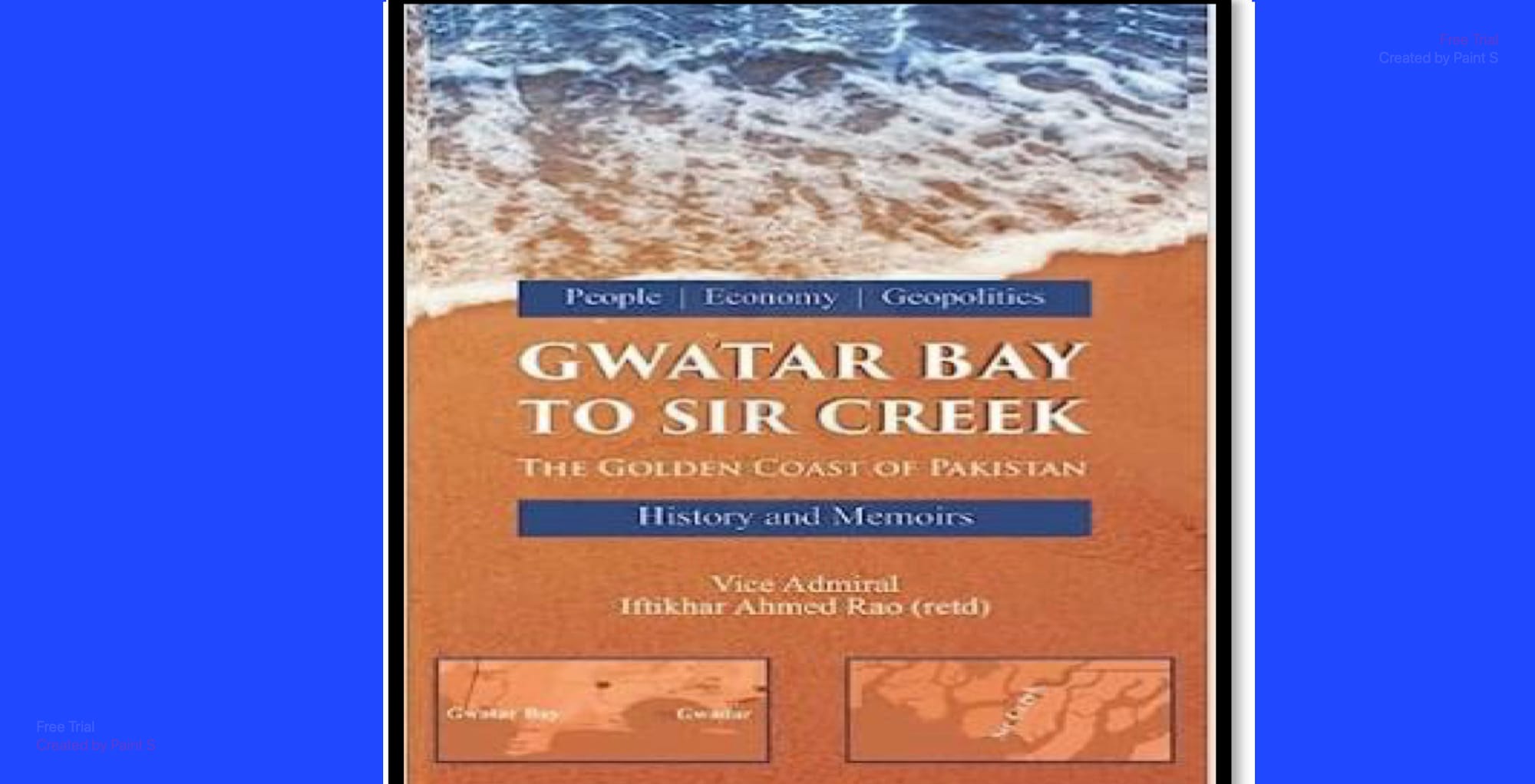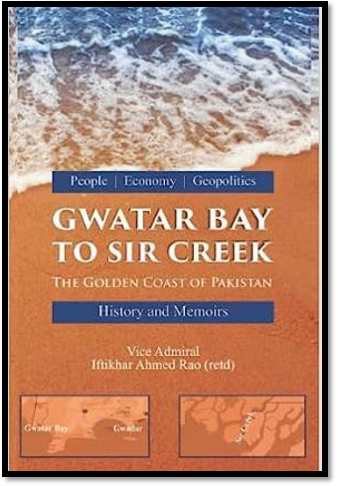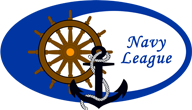

Book Review: An In-Depth Journey into Pakistan's Coastal History and the Emerging Blue Economy "From Gwatar Bay to Sir Creek: An Insight into Pakistan's Coastline," penned by Vice Admiral Iftikhar Ahmed Rao (Retd), offers an extensively researched narrative, interweaving historical context, personal recollections, and critical analysis.
This enriching publication will satiate the curiosity of rigorous researchers while also providing casual readers with a deep understanding of Gwadar and Pakistan's coastline.
The narrative offers a comprehensive history of the Makran coast, charting its journey from the ancient era of Gedrosia, through the period of Omani rule, right up to the contemporary developments under the China-Pakistan Economic Corridor (CPEC).
It encompasses the geographical expanse from Gwatar Bay at the border with Iran, to Sir Creek at the Indian border, with an illuminating exploration of Gwadar deep-water port's evolution, its strategic significance to Pakistan, and the accruing benefits from this coastal treasure.
Author Iftikhar Ahmed Rao, a former Commander of the Coastal Command, lends authenticity to the narrative with personal anecdotes. His professional voyage, from his early tenure as a Lieutenant, traversing the arid Makran coast via helicopter, to his later years as a flag officer navigating the treacherous marshes of the creek area bordering India, is captivating. Moreover, his insights into the potential benefits of naval deployment, coastal nation-building projects, and future development opportunities make this publication a valuable resource.
The book delves into the conceptual understanding of the Blue Economy, elucidating the geography of oceans and seas, the significance of oceans to humanity, and an array of other topics, including seaborne trade, shipbuilding, ports, fishing, marine and coastal tourism, and the maritime legal landscape.
Despite this broad coverage, the focus remains predominantly on Gwadar and the history of the Makran coast, with almost two-thirds of the chapters devoted to this subject matter. In the historical narrative, the author captures the intriguing dynamics of power and sovereignty concerning Gwadar, tracing its control from the Khan of Kalat to the Omanis and eventually, its retrocession to Pakistan. The strategic negotiations, mediated by the British government, that culminated in Pakistan reclaiming Gwadar from Oman in 1958, with the signing of a 14-point agreement, shed light on the geopolitical manoeuvring of the era. It intriguingly discloses that Oman still holds a potential stake in Gwadar's natural wealth.
Adding another dimension, the book intersperses the factual narrative with interesting anecdotes, such as the 2003 visit to Gwadar by the then-prime minister of Pakistan, Zafarullah Khan Jamali, and the subsequent construction of a five-star hotel on Koh-i-Batil mountain, despite security concerns.
The book dissects the far-reaching implications of such ill-planned developments, underscoring their role in impeding Gwadar's potential progress. Rao also embarks on a discourse on power dynamics within the country, focusing on the often underrepresented role of the Navy. He underscores the rigorous demands of naval duty, especially along the challenging Makran coast, and provides an engaging narrative about his experiences while stationed in Pasni.
He further delves into the recurring issues of Pakistani fishermen unintentionally venturing into Indian waters and proposes plans for a 'Rann of Kutch Canal' to bolster their security. Rich in detail and punctuated with relevant illustrations, the book simplifies complex naval terminology and provides context to the incidents narrated. Its central theme advocates the sustainable utilization of ocean resources for economic growth, social inclusion, and the preservation of livelihoods.
It offers a cogent analysis of the ocean economy, identifies the challenges to its peaceful development, highlights the importance of maritime security, and underscores the need for collaboration in achieving maritime prosperity and security.
To summarize, "From Gwatar Bay to Sir Creek: An Insight into Pakistan's Coastline" is a treasure trove for researchers and a compelling read for those seeking a deep understanding of Gwadar and Pakistan's 1,059-kilometre-long coastline. This insightful narrative promises to leave readers significantly more informed about Gwadar, a crucial hub for Pakistan's future economic landscape.
(Note: This review includes extracts and has been developed from reviews of the book written by renowned authors available in the public domain.)



